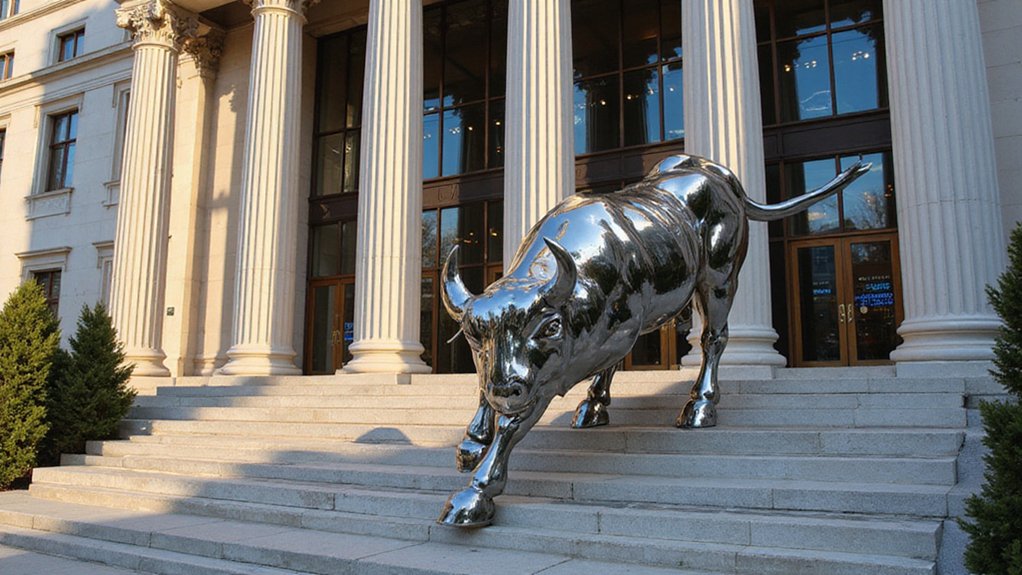In what might be the most audacious collision of digital finance and storied sporting tradition since someone first suggested replacing leather footballs with blockchain tokens, Tether—the $114 billion stablecoin behemoth that has quietly become more traded than Bitcoin itself—is now setting its sights on a rather more terrestrial prize: a seat on Juventus Football Club‘s board of directors.
The irony is delicious: a company that exists primarily to maintain perfect stability (one dollar equals one USDT, always and forever) is attempting to disrupt one of European football’s most tradition-bound institutions. Tether, which generated $5.2 billion in profit during the first half of 2024 while commanding roughly 70% of the stablecoin market, apparently finds the prospect of Turin boardroom politics an appealing next challenge.
For Juventus—a club whose governance structure has historically favored distinguished gentlemen in expensive suits discussing matters over expensive wine—this represents something of an existential moment. The Old Lady of Italian football, with her multibillion-euro revenues and cultural gravitas spanning generations, now faces the possibility of sharing boardroom space with representatives from the British Virgin Islands-based cryptocurrency empire.
Tether’s move signals more than mere corporate expansion; it represents crypto’s brazen march into mainstream cultural institutions. The company, sitting atop $118.4 billion in reserves with $11.9 billion in net equity, operates across 14 blockchain protocols and serves over 350 million users worldwide—credentials that would impress any traditional investor, assuming they could overlook the occasional regulatory scrutiny surrounding reserve transparency. Under Paolo Ardoino’s leadership as CEO since October 2023, the company has restructured into four strategic divisions encompassing artificial intelligence, bitcoin mining, education, and stablecoins. This boardroom ambition could facilitate democratized cross-border financial services for the club’s global operations and fan base.
The implications extend beyond Turin’s boardroom. Should Tether succeed, Juventus could become the testing ground for tokenized fan engagement, blockchain-based governance models, and other digital innovations that traditionalists certainly view with the same enthusiasm they reserve for VAR decisions. Such blockchain integration could mirror the ultra-high speed capabilities seen in next-generation Layer 1 platforms designed for Web3 applications and tokenized ecosystems.
The collision between Tether’s fintech perspectives and Juventus’ legacy governance structures promises either revolutionary modernization or spectacular culture clash—possibly both simultaneously.
Whether Juventus’ traditionally conservative board embraces this digital disruption or circles the wagons remains uncertain. What’s clear is that crypto’s influence on global sports has moved far beyond stadium naming rights into the domain of actual governance power.









